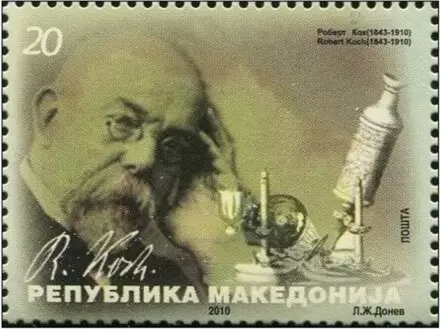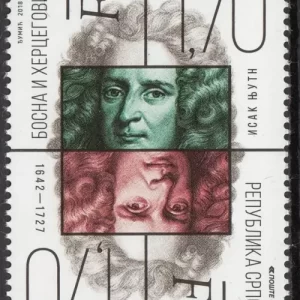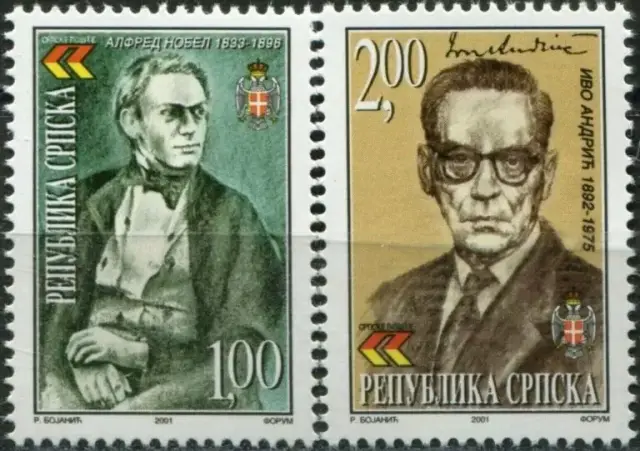Robert Koch (1843–1910) was a German physician and microbiologist, widely regarded as one of the founders of modern bacteriology. His ground-breaking discoveries revolutionized our understanding of infectious diseases. Here are some key aspects of his work:
- Anthrax: In 1876, Koch identified the causative agent of anthrax as Bacillus anthracis, marking the birth of modern bacteriology. His work established that germs could cause specific diseases, laying the foundation for public health practices that have saved millions of lives.
- Tuberculosis: Koch confirmed the bacterium responsible for tuberculosis (Mycobacterium tuberculosis) in 1882. His research provided crucial evidence for the germ theory of diseases.
- Cholera: In 1883, he discovered the bacterium behind cholera, contributing significantly to our understanding of this deadly disease.
- Koch’s Postulates: He formulated a set of principles known as Koch’s postulates, which help establish the relationship between pathogens and specific diseases.
- Innovations: Koch developed innovative techniques in microbiology, including the use of oil immersion lenses, condensers, and microphotography. He also invented the bacterial culture method using agar and glass plates (later known as the Petri dish).
His impact on medicine and public health is immeasurable, and he remains a pivotal figure in the golden age of microbiology.











Reviews
There are no reviews yet.